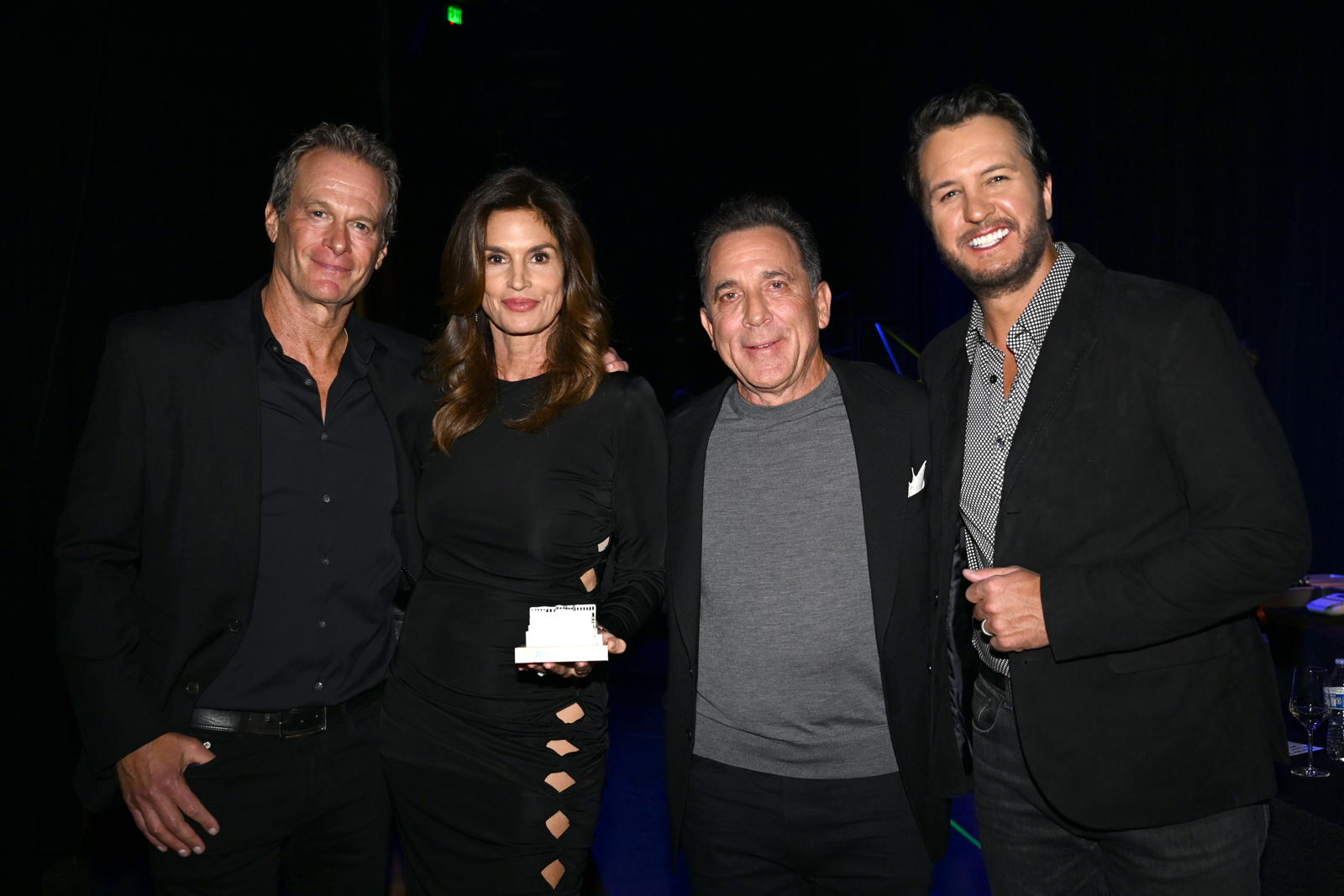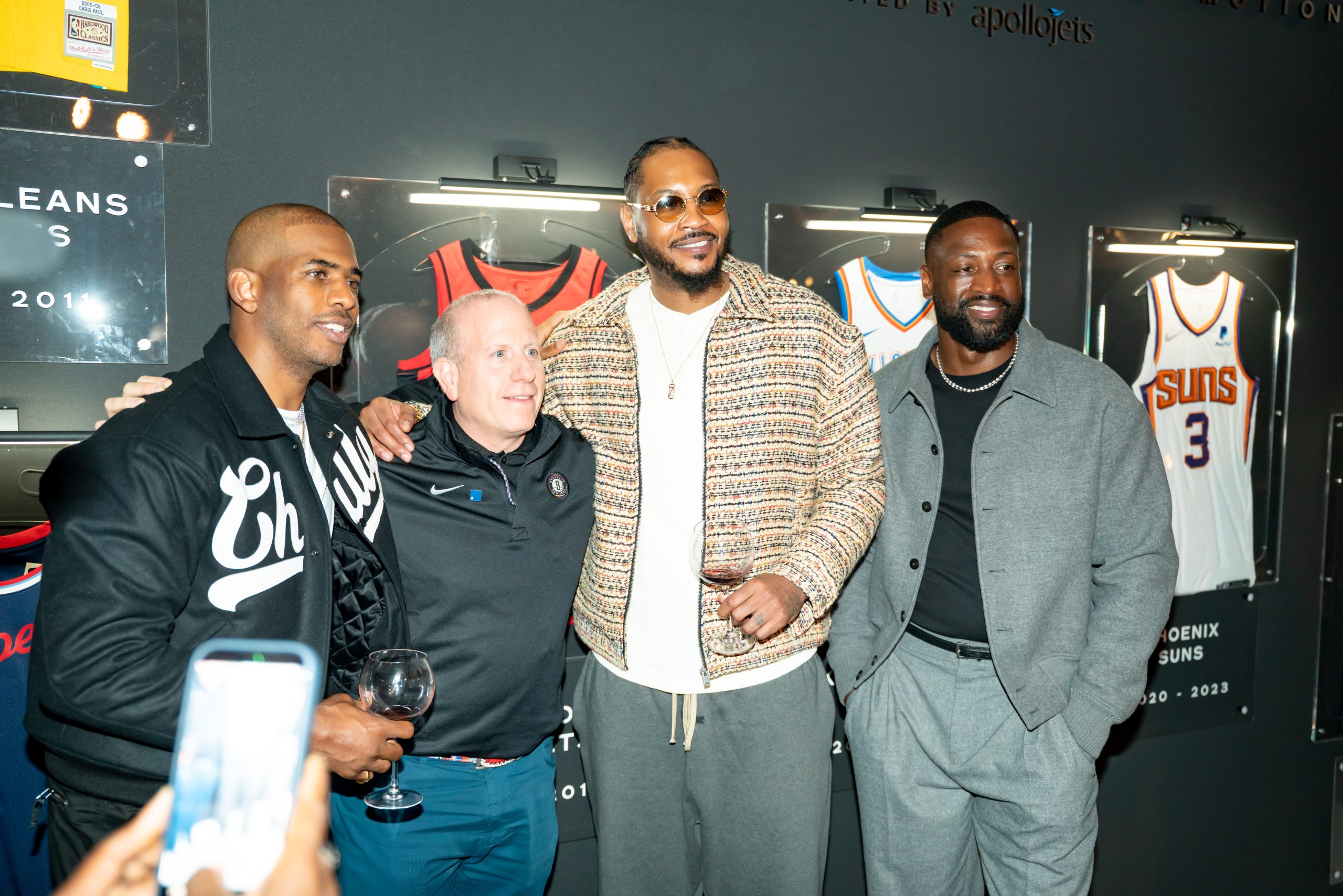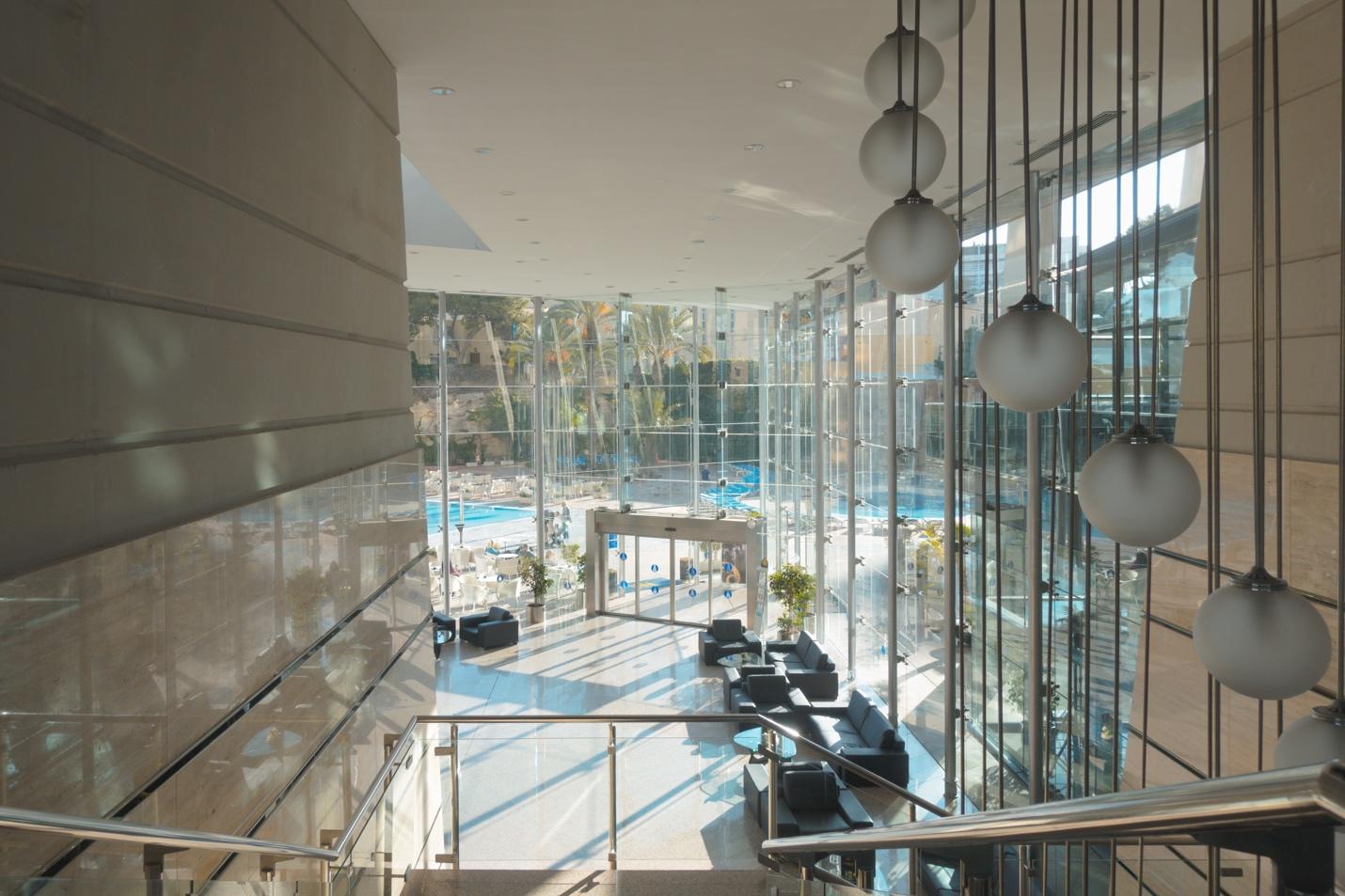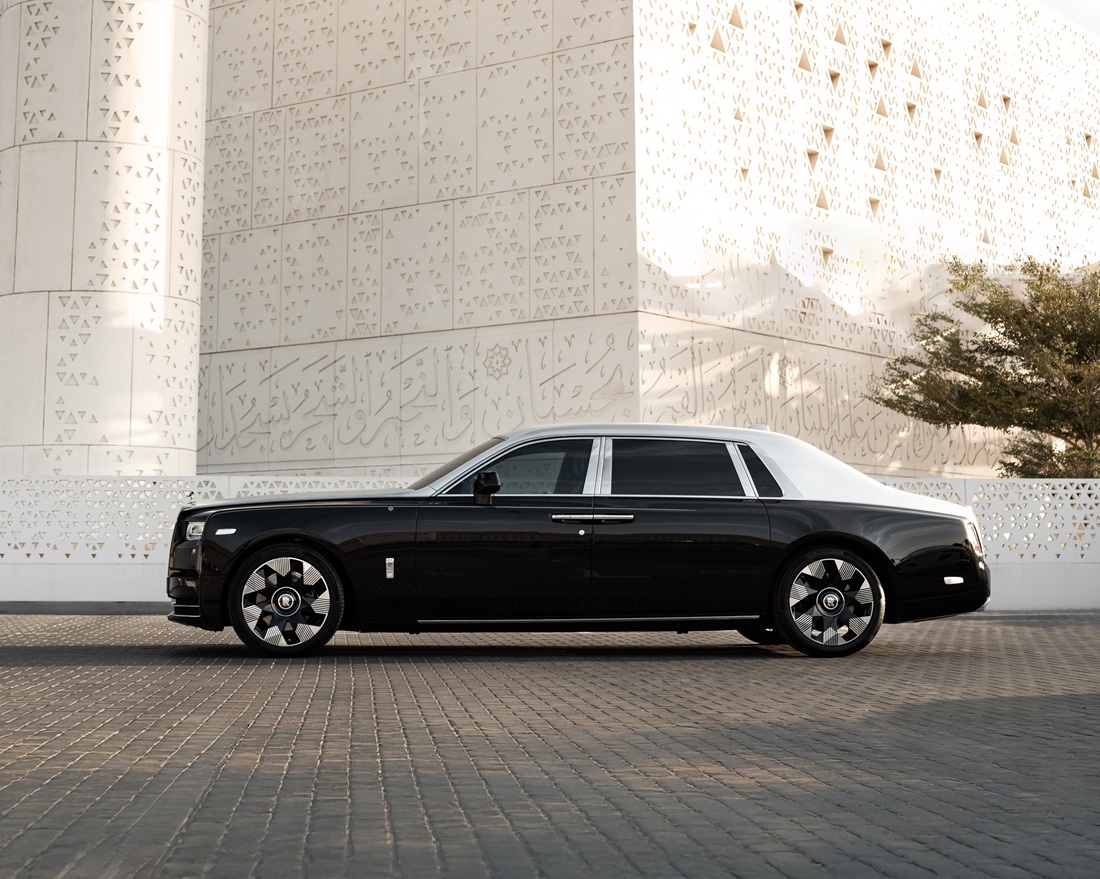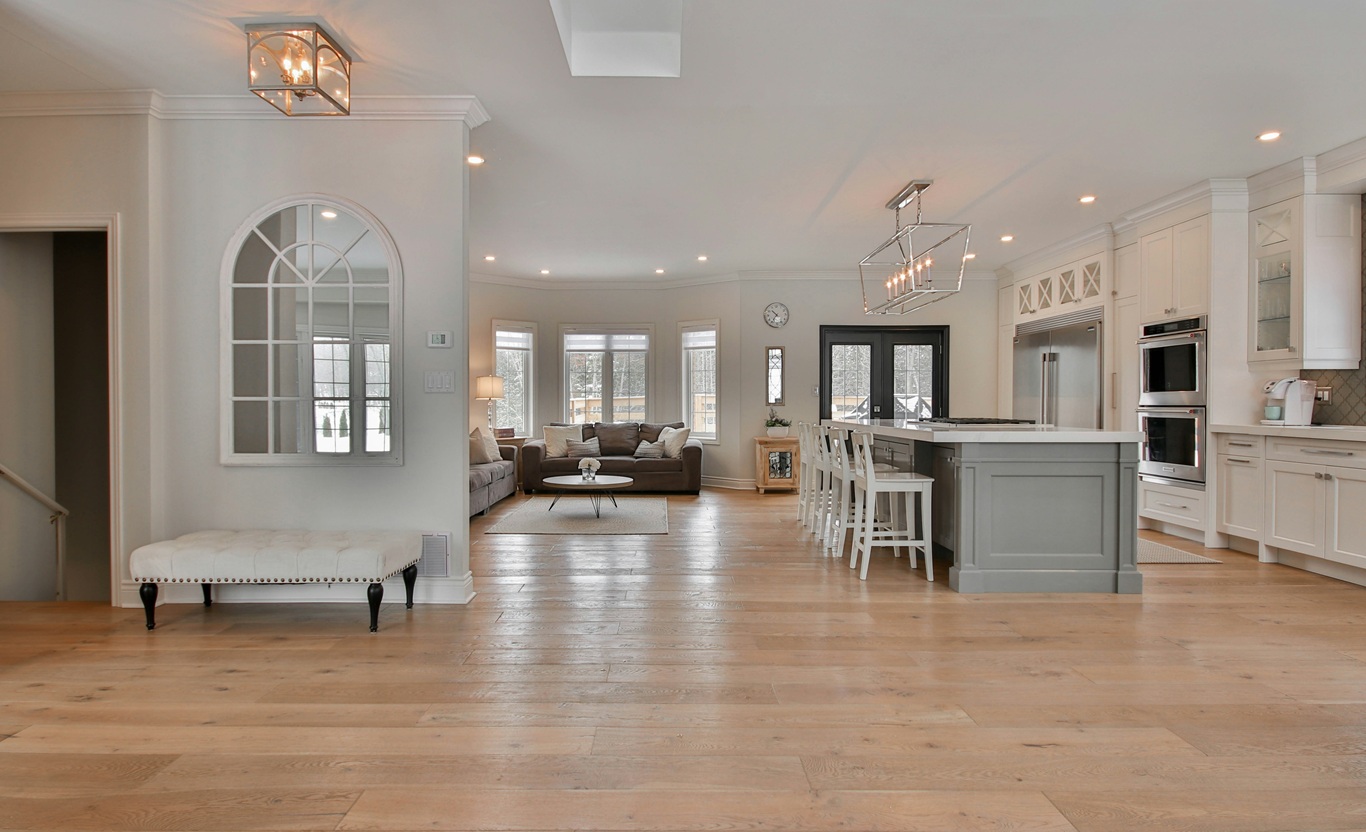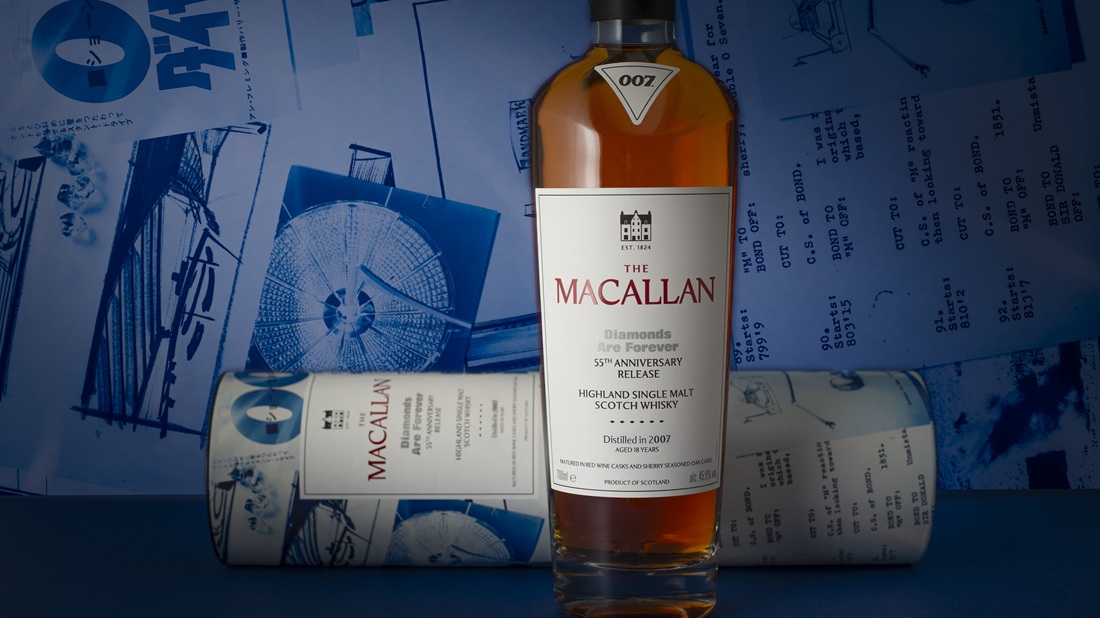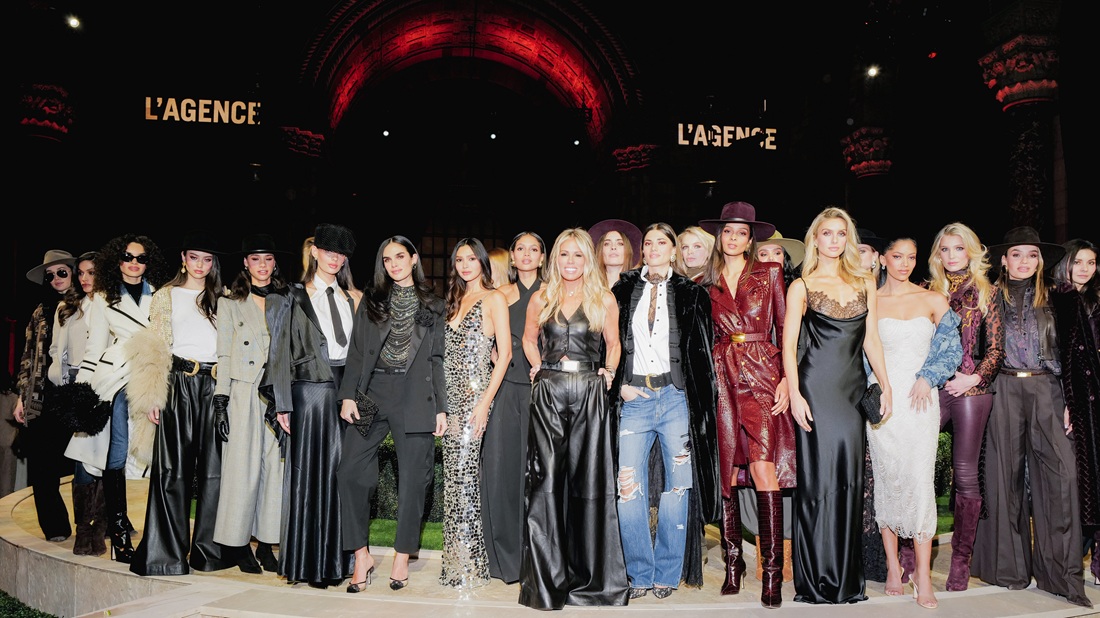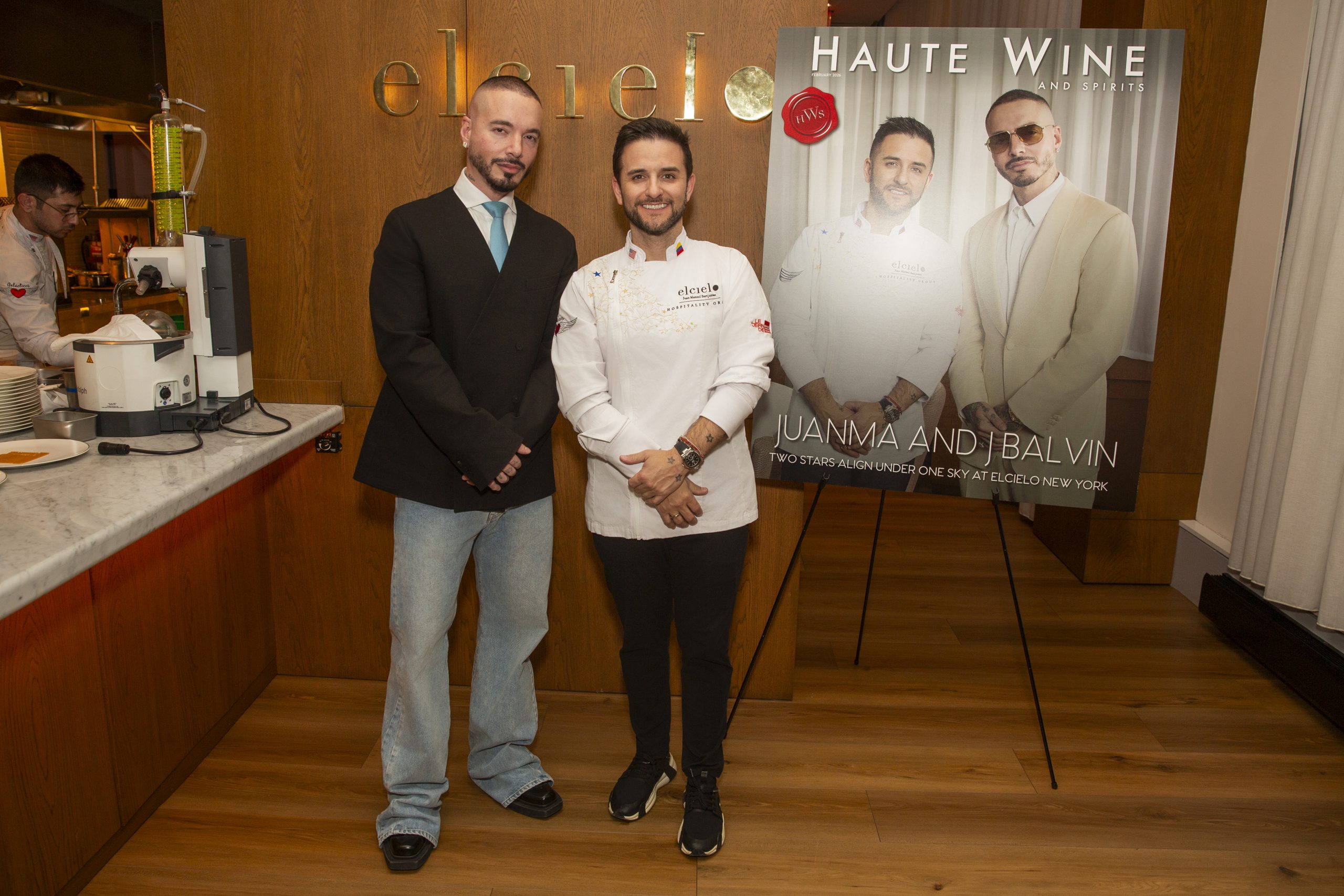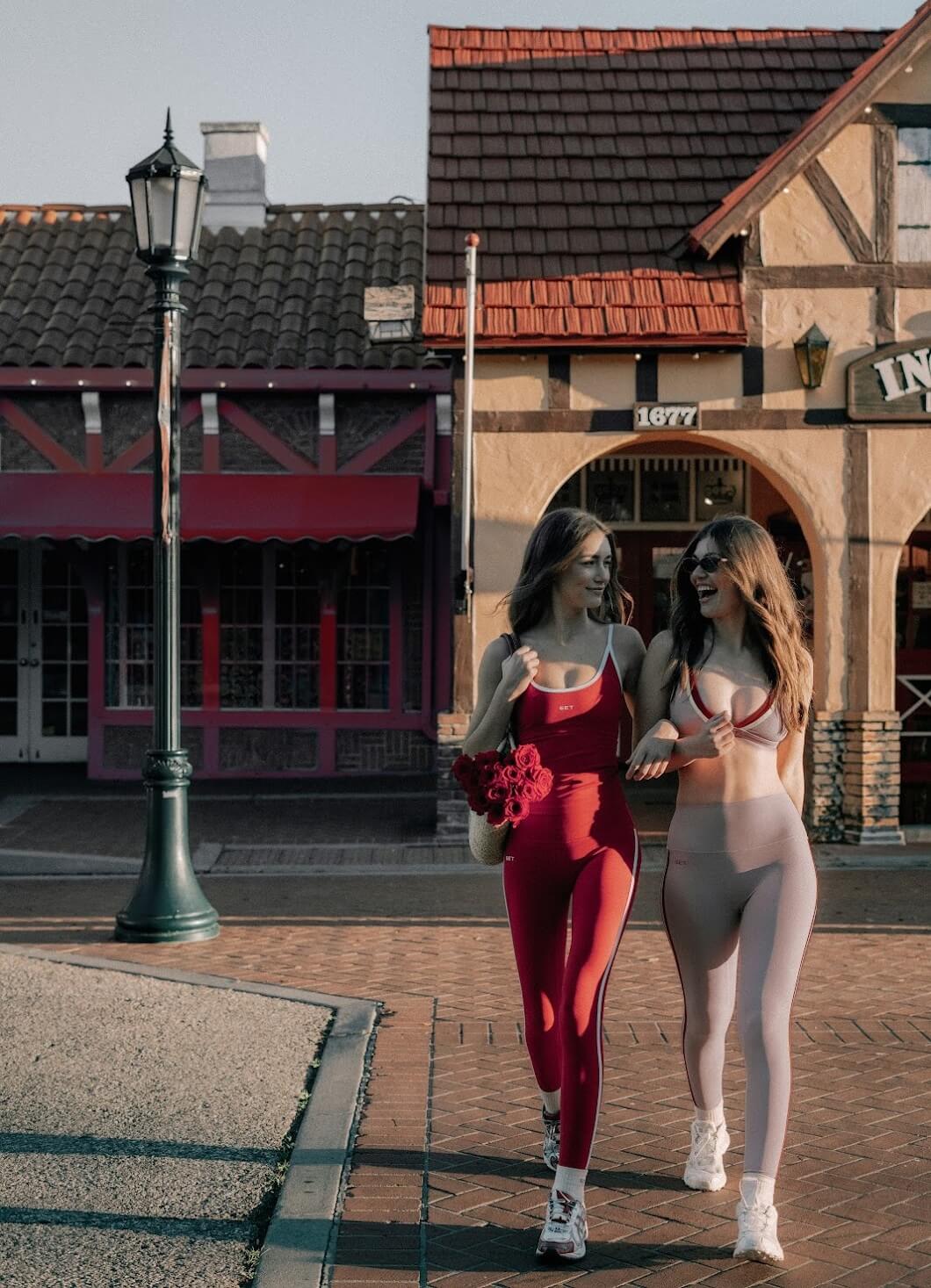The Power of Three
Harlan, a lifetime athlete, also wanted to ensure that guests and members of Meadowood would find what he considers integral to a long and healthy life: exercise. While swimming and motor sports figured prominently into Harlan’s early years, he later discovered the combined pleasure of fitness and sportsmanship through golf, tennis and…if you know Meadowood, you know what comes next…croquet. Sports innovators at Meadowood include Golf Professional Doug Pike and Tennis Pro Doug King. These resident athletes help members and guests enhance their games, whether on the nine-hole, walking golf course or on one of the seven tennis courts. Croquet Pro Jerry Stark, a member of the American Croquet Hall of Fame, presides over the championship croquet lawns, where players don traditional croquet whites. Stark also leads Meadowood’s croquet school, which is lauded as the country’s finest full-time teaching facility of the traditional game.
Presiding over Meadowood in its entirety is General Manager Alain Negueloua. The care and keeping of guests on the estate has always been a top priority for Harlan. “I always wanted Meadowood to be reminiscent of the days when people would travel to the country on weekends to stay at the estates of friends or relatives,” Harlan says. “When the guests arrived, their host would greet them, welcome them inside, and make sure everyone had a wonderful time for however long they decided to stay. That’s the warm, personal hospitality we always want to convey at Meadowood.” There was a time when Harlan was able to spend more time at Meadowood. In fact, for many years he had an office above the reception desk. When he moved to be closer to his wineries, however, he knew he needed someone who would think like an owner, someone who would welcome and get to know the guests. Someone they’d ask for when they returned. After a long search he found this person in Negueloua. “Alain has the passion of an owner,” says Harlan, “and the soul of an innkeeper.”
Life lesson No. 2
Respect and honor the power of nature.
While exploring the early idea of Auction Napa Valley, Robert Mondavi assisted with the planning of a five-week scouting trip to Bordeaux and Burgundy. Harlan joined the group traveling to these regions along with Robin Lail and her husband Jon. Along the route, they attended the Hospice de Baune, one of the world’s most celebrated charitable wine auctions on which Auction Napa Valley was ultimately modeled. It was on that expedition that Harlan developed a vision to create a “first-growth” of California, even though the term is technically a classification of wines from the celebrated wine region in France.
Rather than revitalizing or refurbishing an existing vineyard or winery, he wanted to start from scratch and carve out a vineyard in the hills as opposed to the valley floor as was the current fashion. In 1984, Harlan finally discovered his ideal land—some 240 undeveloped acres in the western hills of Oakville off of Oakville Grade Road. His patience proved to be a virtue, as the land proved to be invaluable when it came to producing fruit of the highest quality. To respect the power of the land and the legacy of the Valley’s agricultural reserve, he left nearly 200 acres undeveloped, using 40 acres for the vineyards and winery. “In the end,” Harlan says, “it all comes down to the land. Mother Nature makes the difference.”
This was a lesson that Harlan fully appreciated when he was fulfilling his sailing dream. “One of the great things about sailing is you recognize the power of nature and the power of the sea,” he states. “On the sea, you are on your own. On land you have help, but nevertheless, with fine wine, the land and nature is where our ultimate destiny lies.”
By his mid-40s, Harlan’s desire to establish a family life led him to Deborah Beck. His living arrangements changed along with his priorities when he married Deborah in 1986. He traded in the boat for a little house on Main Street in downtown St. Helena, and the two started a family.
Harlan’s shift in priority to family life timed perfectly with his dream of creating a winegrowing estate. At the onset he looked to three basic principles he felt were factors in the longevity of a winegrowing business: 1) be based on the land; 2) be family owned; and 3) be virtually debt-free. Says Harlan, “I believe the most important thing in establishing a family business is to make sure the business is aligned with the family’s culture and values. This is the key to passing a business along from one generation to the next.”

